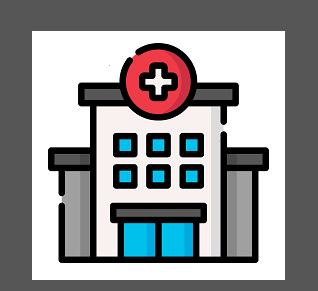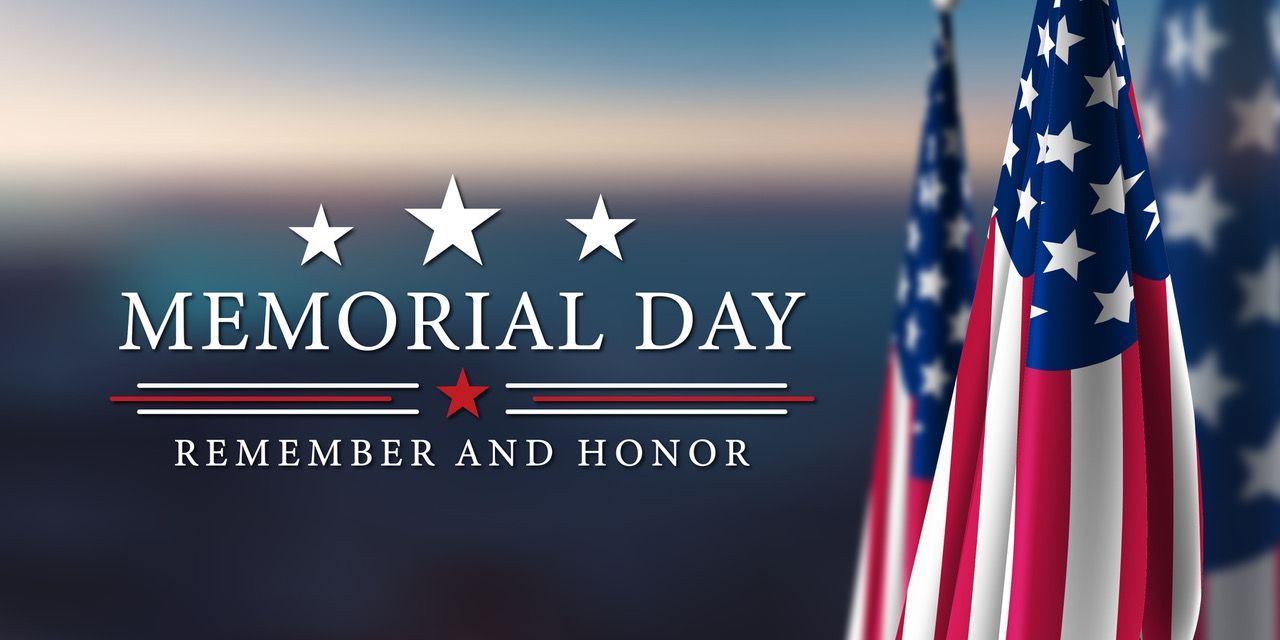Bad Debt and Other Write-Offs

Bad Debt: A Chronic Condition
for
Hospitals
Even before the pandemic, a large number of hospitals and healthcare systems were wallowing in chronic bad debt. Now, many of these facilities are expected to recover less than one-fifth of what is owed to them.
How Bad Is It?
A 2018 survey by Sage Growth Partners indicated that more than one-third of all hospitals and health systems faced more than $10 million in bad debt at that time. For 6% of those facilities, bad debt exceeded $50 million.
Also prior to the pandemic, the American Hospital Association had estimated unpaid medical bills to total about 6% of annual hospital expenses.
Since the pandemic began, almost half of all hospitals have seen
a 48% increase in bad debt and uncompensated care, according to a survey conducted by consulting firm Kaufman Hall in August 2020.
Hospitals With Largest Amount of Bad Debt
in 2019
- Orlando Regional Medical Center (Orlando FL): $253,196,054
- Memorial Hermann Southwest Hospital (Houston TX): $197,766,466
- Prisma Health Richmond Hospital (Columbia SC): $183,453,703
- WakeMed Raleigh Campus (Raleigh NC): $179,272,214
- Christus Good Shepherd Medical Center (Marshall T): $165,085,900
Source: Definitive Healthcare's Hospitals and IDNs Database, 2020
Causes of Bad Debt
Of the executives who responded to the Sage survey, 59% cited insurance reform (and its associated increase in deductibles and copays) as the primary reason for bad debt. (Only 17% of the hospital executives blamed patient delinquency.
No doubt, the prevalence of high-deductible health plans (HDHPs) is a huge part of the problem. As is the dramatic increase in the number of uninsured patients.
According to recent surveys, 37% of Americans cannot afford to pay a medical bill of more than $100. At the same time, a 2018 study showed that patient balances after insurance (PBAI) grew by more than 52% over a five-year period. So while many patients have less, they are expected to pay more.
Generally, uncompensated hospital care falls into two categories: Charity care and bad debt. Charity healthcare is provided at little or no cost to eligible low-income patients. It’s care for which hospitals never expected to be reimbursed.
On the other hand, hospitals incur bad debt when they are not paid by patients who do not apply for charity care, but who are unable or unwilling to pay their medical bills. (See box, “Bad Debt Redefined. ”) These patients are expected to pay but do not.

Bad Debt Redefined
It used to be that hospitals could report bad debt as the difference between the amount billed to patients and the amount actually paid, regardless of whether the hospital ever expected to receive the full amount.
But that changed when the Financial Accounting Standards Board (FASB) redefined bad debt for hospitals in December 2019. Now, hospitals may only report bad debt in instances when an adverse even (e.g., bankruptcy or unemployment) prevents a patient from paying the medical bill.
When it comes to recovering bad debt,
36% of hospital executives surveyed employ a third-party collection service to recover bad debt. About 25% of hospitals collect debts in-house, while 18% utilize a combination of the two. This leaves more than 20% that do not have a debt recovery process.
Types of Write-Offs
Many factors determine how (and if) a hospital or other healthcare center can write off a patient’s bill. Types of hospital write-offs include:
- Charity care write-offs , as described above, may be one component of a community care effort, as part of a faith-based healthcare system, or a financial assistance program.
- Contractual write-offs are the portion of a patient’s bill for which a hospital does not charge because of billing agreements with the insurance carrier (or Medicare).
- Small-balance write-offs are amounts left on a patient’s account that are too small to make the billing process cost-effective. Some healthcare providers have a policy of writing off these small debt balances.
- Prompt payment discounts are write-offs for patients who pay in full at time of service. The difference between the standard fee and the discounted fee is written off.
- Self-pay discounts represent write-offs for uninsured patients who receive a discount off the standard price of healthcare services. Again, the difference between the standard fee and the discounted fee is written off.
- Bad debt write-offs are for those bills that are deemed uncollectible. For tax purposes, the IRS requires that both internal and external collection efforts be exhausted before the debt may be written off. Bad debt allowances should be clearly separated from other write-offs on tax returns to ensure proper tax return reporting. Listing bad debt together with other allowances may cause the IRS to disallow the entire deduction.
Non-Profits and Schedule H
While non-profit hospitals and healthcare centers are exempt from paying taxes, they still must report their bad debt and other write-offs to the IRS on an annual basis.
Schedule H (Form 990) is the schedule that non-profits must file each year to justify their tax-exempt status. It provides information on the activities and policies of the hospital and all of its associated facilities that were operated during the tax year.
While much of this form applies to the community benefit of charity care and other financial assistance, an entire section is also devoted to the reporting of “Bad Debt, Medicare & Collection Practices.”
Sources:
Featured Image: Adobe, License Granted
Recent Posts











Share On: